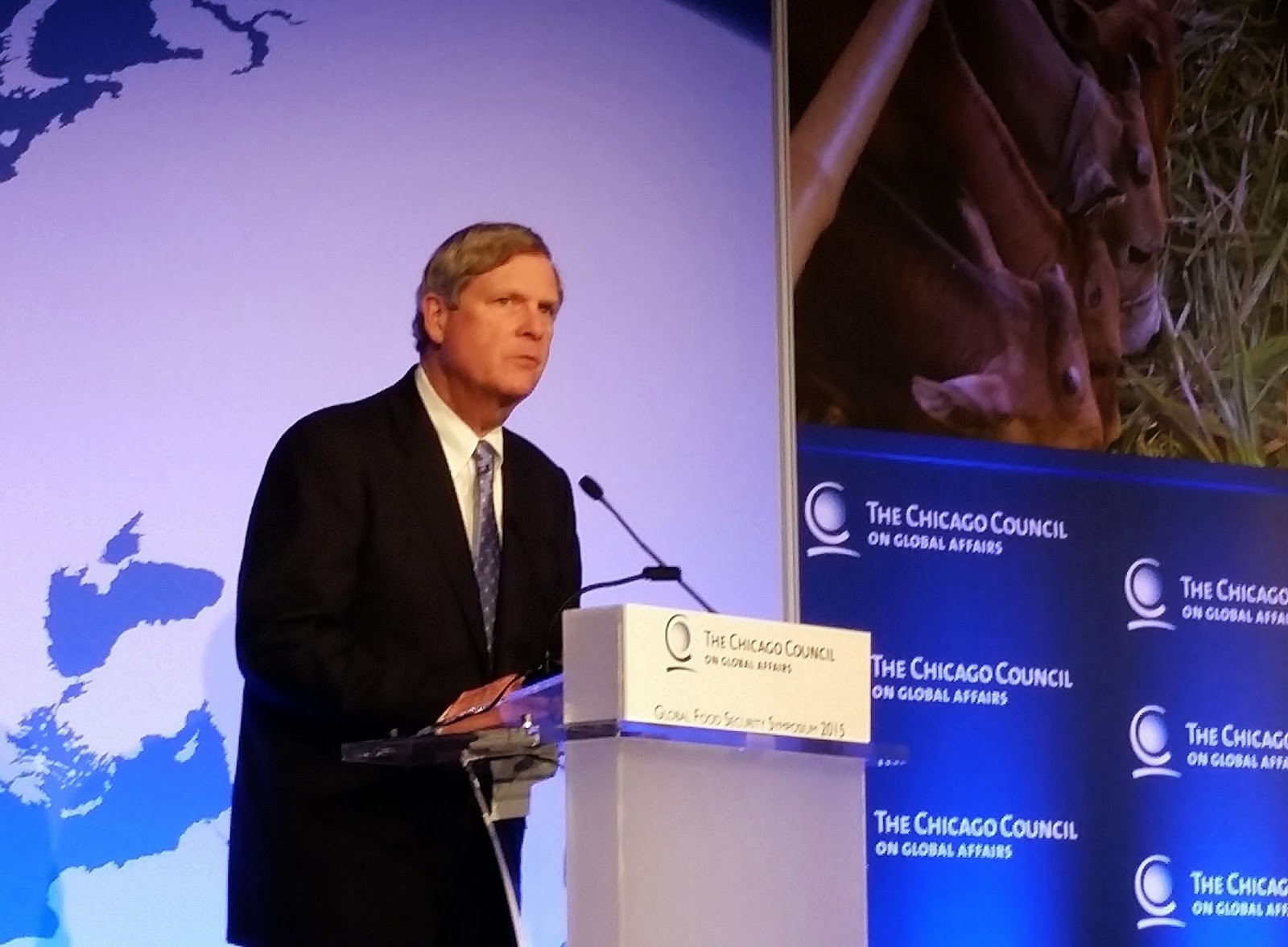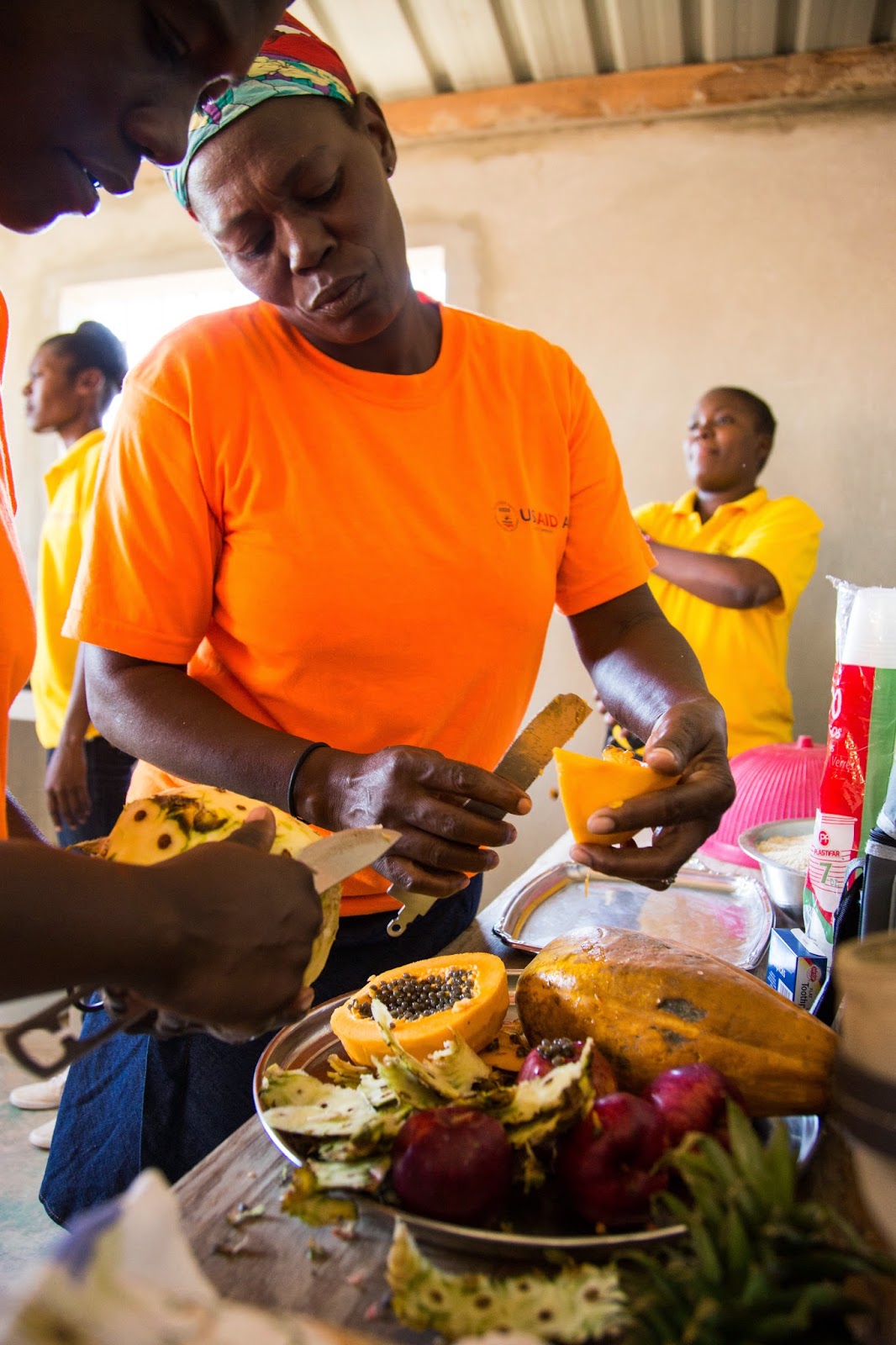F2F and Plan Yaque Team Up in the Dominican Republic

Partners is always looking to expand the reach of the Farmer-to-Farmer program and assist new organizations. In 2014, our F2F field staff met with Plan Yaque, a non-governmental organization with the mission to Clean, protect, and sustain the Rio Yaque del Norte watershed for the benefit of its people. Plan Yaque was established in 2011 and is located in the municipality of Jarabacoa. Plan Yaque has a lofty goal: to guarantee access to water for all individuals who depend on the Yaque del Norte watershed . Not only does t he Yaque del Norte watershed provide drinking water to more than two million people, but it also irrigates the most productive banana, rice, and horticultural production areas in the country. However, a s the DR continues to face the effects of climate change, it will become more challenging to meet the water demand of the growing population, which will jeopardize the country’s ability to sustain economic growth. In March 2014, Senior Program Officer Courtne







